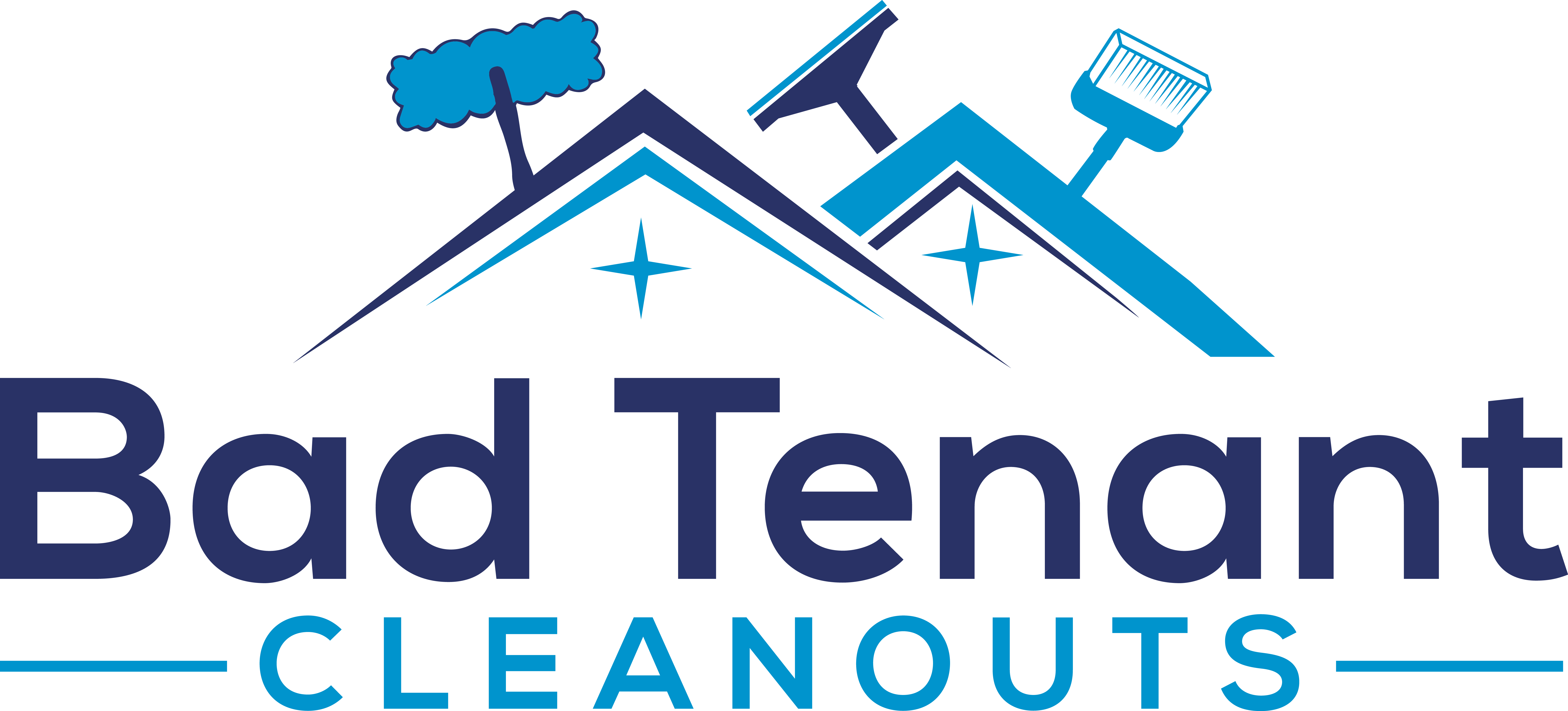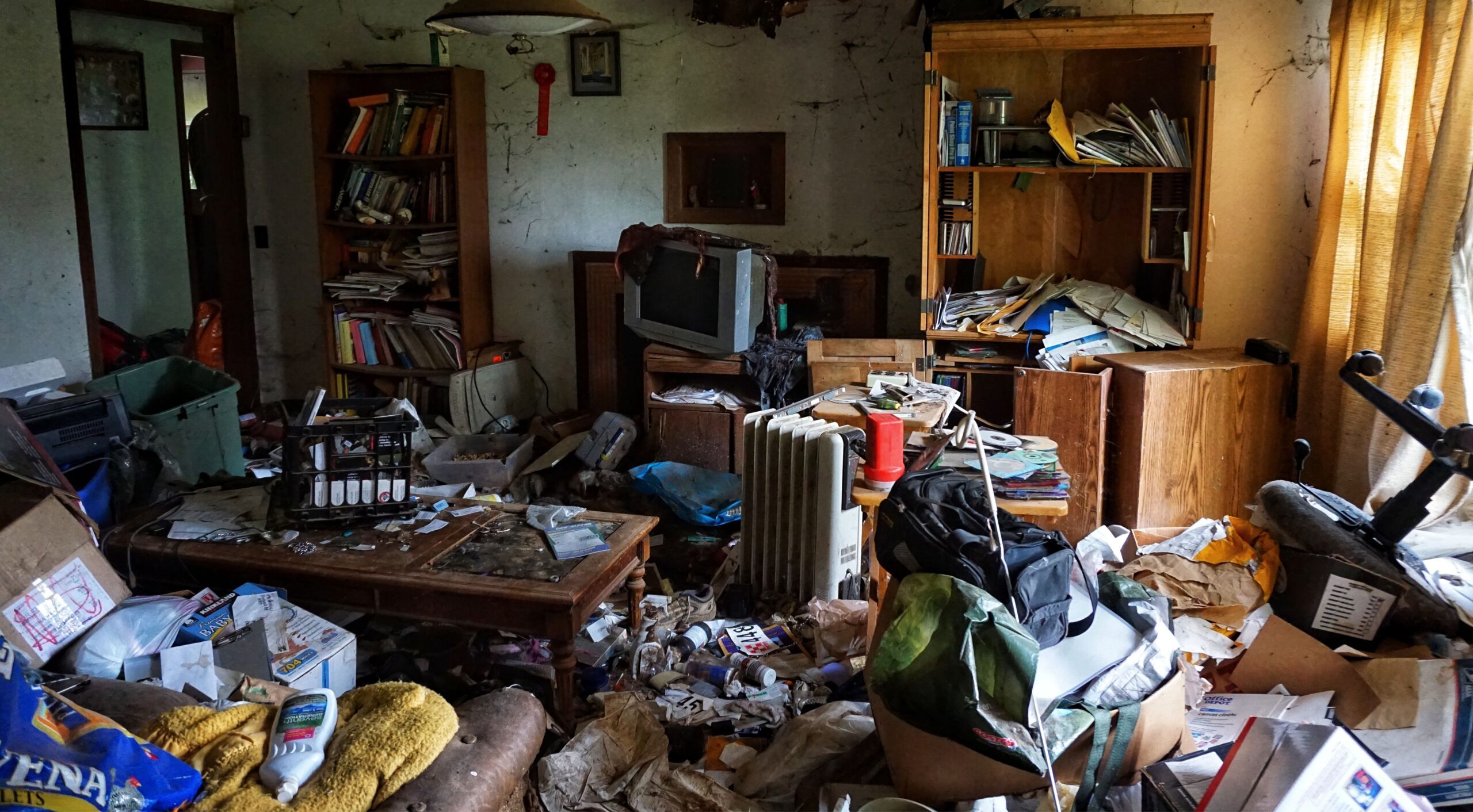A Comprehensive Guide to the Residential Tenancies Act, 2006 (RTA) for New Landlords
Introduction
The Residential Tenancies Act, 2006 (RTA) is the primary law that governs rental housing in Ontario, ensuring a fair and balanced relationship between landlords and tenants. For new landlords, understanding the RTA is crucial to effectively managing rental properties and avoiding legal pitfalls. This guide provides an overview of the RTA, why it was enacted, its key provisions, and essential information that every new landlord should know.
History and Purpose of the Residential Tenancies Act, 2006 (RTA)
The Residential Tenancies Act, 2006 was introduced to replace the Tenant Protection Act, 1997. It came into effect on January 31, 2007. The goal was to provide a more comprehensive and balanced approach to landlord-tenant relationships by consolidating various tenancy laws and offering clearer guidelines for both parties.
The RTA was introduced to:
- Standardize tenant rights and landlord responsibilities across Ontario.
- Provide clear rules on rent control, eviction processes, and other aspects of residential tenancy.
- Offer a framework for resolving disputes through the Landlord and Tenant Board (LTB), a tribunal established under the RTA.
The RTA applies to most residential rental properties in Ontario, including apartments, houses, condominiums, and secondary units like basement apartments. However, some exceptions exist, such as housing co-operatives and commercial tenancies.
Key Provisions of the Residential Tenancies Act, 2006 (RTA)
For new landlords, understanding the key provisions of the RTA is essential for successfully managing rental properties and avoiding legal issues. Below are some of the most important sections of the RTA that every landlord should be familiar with.
1. Starting a Tenancy: Lease Agreements
- Written Lease Requirement: While the RTA allows oral agreements, landlords are encouraged to have a written lease agreement to clearly outline the terms of the tenancy. Since April 30, 2018, landlords must use the Ontario Standard Lease, a government-issued lease form designed to provide clarity on the rights and responsibilities of both landlords and tenants.
- Key Elements of a Lease: The lease must include:
- The rental amount
- Due dates for rent
- Rules regarding rent deposits (if applicable)
- Duration of the lease (if it’s a fixed-term tenancy)
- Responsibilities for utilities, repairs, and maintenance
2. Rent Control and Rent Increases
The RTA regulates how much rent can be increased during a tenancy:
- Annual Rent Increase Guideline: Ontario sets a maximum allowable rent increase percentage each year. Landlords of units built before November 15, 2018, must follow this guideline, which usually ranges between 1% and 2.5%.
- Exemptions for Newer Buildings: Units built or first occupied after November 15, 2018, are exempt from rent control. Landlords can raise rent by any amount but must still give proper notice and wait 12 months between increases.
- Notice for Rent Increases: Landlords must provide tenants with 90 days’ written notice before increasing rent, and rent increases can only occur once every 12 months.
3. Security Deposits
- Rent Deposit: Under the RTA, landlords can collect a rent deposit equal to one month’s rent as a security deposit. This deposit can only be used for the last month’s rent and cannot be used for damages or other purposes.
- Interest on Deposits: Landlords are required to pay interest on the rent deposit each year, at a rate equivalent to the annual rent increase guideline.
4. Tenant Rights
The RTA places strong emphasis on protecting tenants’ rights, ensuring they have:
- Quiet Enjoyment: Tenants have the right to enjoy their rented home without unreasonable interference. Landlords cannot enter the unit without proper notice (usually 24 hours) unless it’s an emergency or the tenant has given consent.
- Privacy: Landlords must respect the tenant’s privacy. Unauthorized entry into the rental unit without proper notice or an emergency situation is prohibited.
- Right to Repair: Tenants can request necessary repairs. Landlords are required to maintain the rental unit in a state of good repair, ensuring it meets health, safety, and housing standards.
5. Landlord Rights and Responsibilities
As a landlord, you also have rights and responsibilities under the RTA, including:
- Right to Collect Rent: You have the right to collect rent on the date agreed upon in the lease. If a tenant does not pay rent, you can take steps to recover the unpaid rent, starting with issuing a Notice to End Tenancy for Non-Payment of Rent (N4).
- Right to Enter the Rental Unit: Landlords can enter the rental unit for specific reasons (such as inspections or repairs), but they must give 24 hours’ written notice and enter between 8 a.m. and 8 p.m., unless it’s an emergency.
- Maintenance and Repairs: Landlords are responsible for ensuring that the rental property meets Ontario’s health, safety, and housing standards. This includes providing essential services like heating and water and addressing repairs in a timely manner.
- Evictions: While landlords must follow strict rules regarding evicting tenants, they have the right to end a tenancy for specific reasons, such as:
- Non-payment of rent
- Damage to the rental property
- Illegal activities
- Landlord or family members moving in (with proper notice)
In most cases, landlords must apply to the Landlord and Tenant Board (LTB) for an eviction order.
6. Ending a Tenancy
There are several ways a tenancy can be ended under the RTA:
- Tenant’s Notice: Tenants can end their tenancy by providing proper notice, typically 60 days’ notice for a monthly tenancy.
- Landlord’s Notice: Landlords can end a tenancy by providing notice for reasons allowed under the RTA, such as non-payment of rent or the need to use the rental unit for personal or family use. Proper notice must be given, typically 60 days for personal use.
- Evictions: If a tenant violates the terms of the lease or the RTA, the landlord can apply to the LTB to evict the tenant. The landlord must provide proper notice and follow the legal process set by the LTB.
Common Pitfalls for New Landlords to Avoid
1. Failing to Follow Notice Periods
The RTA has strict rules about how and when notices must be given. Whether it’s a notice to increase rent, enter the property, or terminate the lease, failing to follow the required notice periods could result in delays or legal consequences.
2. Improper Tenant Screening
While the RTA provides protections for tenants, landlords should still conduct thorough screenings. Check references, income verification, and credit history before signing a lease to avoid potential disputes down the line.
3. Ignoring Maintenance Requests
Landlords have a legal obligation to maintain the rental property. Failing to address maintenance or repair issues in a timely manner can lead to tenant complaints, fines, or even LTB orders.
4. Unlawful Rent Increases
Rent increases must follow the rules set out in the RTA, including the annual guideline and proper notice. Attempting to increase rent without following these procedures could result in disputes and fines.
Dispute Resolution through the Landlord and Tenant Board (LTB)
The LTB, established under the RTA, is the tribunal responsible for resolving disputes between landlords and tenants. As a landlord, you may need to apply to the LTB to resolve issues like non-payment of rent, damages, or disputes over maintenance. The LTB also handles eviction applications, rent increase disputes, and other matters.
Before applying to the LTB, consider resolving disputes through mediation or negotiation with your tenant. Mediation services are also available through the LTB.
Updates and Amendments to the RTA
The RTA is not static; changes are often made to reflect new housing market conditions or political priorities. For example, in 2020, changes were made to provide rent relief during the COVID-19 pandemic. Landlords must stay informed about updates to the RTA, as these changes could impact your rights and responsibilities.
About The Residential Tenancies Act, 2006
The Residential Tenancies Act, 2006 is a comprehensive law that balances the rights of tenants and landlords in Ontario. As a new landlord, familiarizing yourself with the RTA’s key provisions—such as rent control, tenant rights, and eviction procedures—will help you manage your rental properties legally and effectively.
Understanding the RTA will not only help you avoid legal issues but also promote a positive relationship with your tenants. By staying compliant with the law, maintaining clear communication, and handling disputes professionally, you can ensure a smooth and successful experience as a landlord in Ontario.


